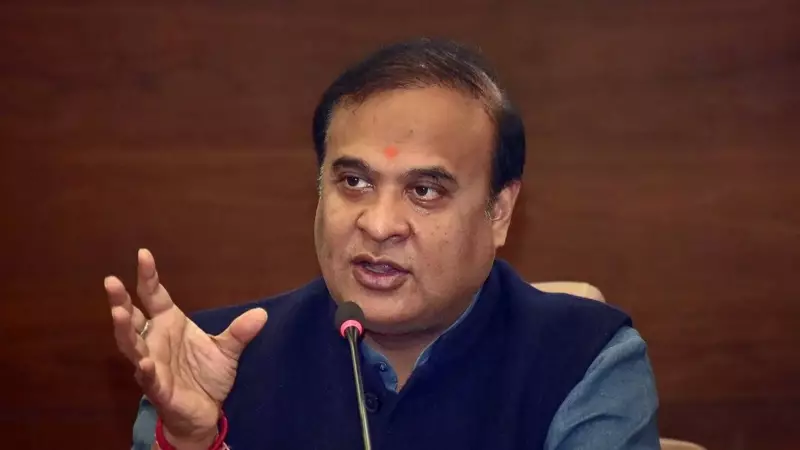
In a groundbreaking development that could reshape Assam's historical narrative, the state government is preparing to break a 41-year silence surrounding one of India's darkest chapters—the Nellie Massacre of 1983. The Himanta Biswa Sarma administration is set to table the long-sealed Justice T.P. Tiwari Commission report in the upcoming Assembly session, potentially unveiling truths buried for decades.
The Ghost of 1983 Returns
On February 18, 1983, the peaceful villages of Nellie and its surrounding areas in central Assam's Morigaon district witnessed unimaginable horror. Over a span of just six hours, more than 2,000 people, predominantly from the Bengali-speaking Muslim community, were brutally massacred. The violence erupted during highly contentious state elections centered on the controversial 'foreigners' issue.
The then Congress government established the Justice Tiwari Commission to investigate the massacre, but its findings remained shrouded in mystery. Successive governments maintained the report was never formally submitted, creating what many called 'officially sanctioned amnesia.'
Why Now? Understanding the Political Calculus
The decision to revisit this painful history comes at a crucial political moment. Several factors appear to be driving the government's unprecedented move:
- Tiwa Community Outreach: The indigenous Tiwa community, historically affected by the violence, represents a significant voter base. With elections to the Tiwa Autonomous Council approaching, this move could strengthen the BJP's position among tribal communities.
- Historical Correction: The government aims to challenge what it calls the 'Congress's historical whitewashing' of the massacre, positioning itself as the party willing to confront uncomfortable truths.
- Electoral Strategy: By addressing long-standing grievances of indigenous communities, the BJP hopes to consolidate its support base ahead of future electoral battles.
What the Report Might Reveal
While the complete contents remain unknown, historical accounts and survivor testimonies suggest the report likely contains:
- Detailed documentation of the violence timeline and casualty figures
- Identification of individuals and groups involved in the attacks
- Analysis of administrative and law enforcement failures
- Recommendations for justice and compensation that were never implemented
The Human Cost Beyond Numbers
Behind the staggering death toll lie countless untold stories of trauma and loss. Survivors and victims' families have waited four decades for official acknowledgment and justice. Many hope this move will finally bring closure and proper recognition of their suffering.
'We have lived with this pain for generations,' says a survivor who lost multiple family members. 'Maybe now our voices will be heard in the halls of power.'
Political Reactions and Implications
The announcement has already sparked intense political debate. Opposition parties question the timing and motives, while civil society organizations cautiously welcome the move while demanding genuine justice rather than political theater.
Legal experts note that tabling the report could open possibilities for renewed investigations and potential legal action against perpetrators who have enjoyed impunity for decades.
As Assam stands at the brink of historical reckoning, all eyes are on the state assembly where decades of silence may finally be broken, potentially rewriting the official narrative of one of independent India's worst episodes of communal violence.





